RISE DIGITAL LEARNING SERIES
Privilege
The topic of privilege can make us feel uncomfortable and even defensive. We often associate the concept with certain groups in society, particularly in relation to race, gender and sexual orientation. But in many ways, don't we all have privilege? Privilege can be defined as the rights, advantages and protections available to a particular individual or groups of people. Though people benefit from privilege, they often don't do anything to obtain it because privilege is granted based on membership to a specific group. Becoming a member of that group may not be intentional. Sports highlights the ways in which athletes have leveraged their platform to advocate for those less privileged than themselves. It's only when we're aware of our own privilege that we can use it for good. Privilege gives us the power and influence to assist those who do not have similar advantages.
"Privilege is not in and of itself bad; what matters is what we do with privilege...Privilege does not have to be negative, but we have to share our resources and take direction about how to use our privilege in ways that empower those who lack it." — bell hooks
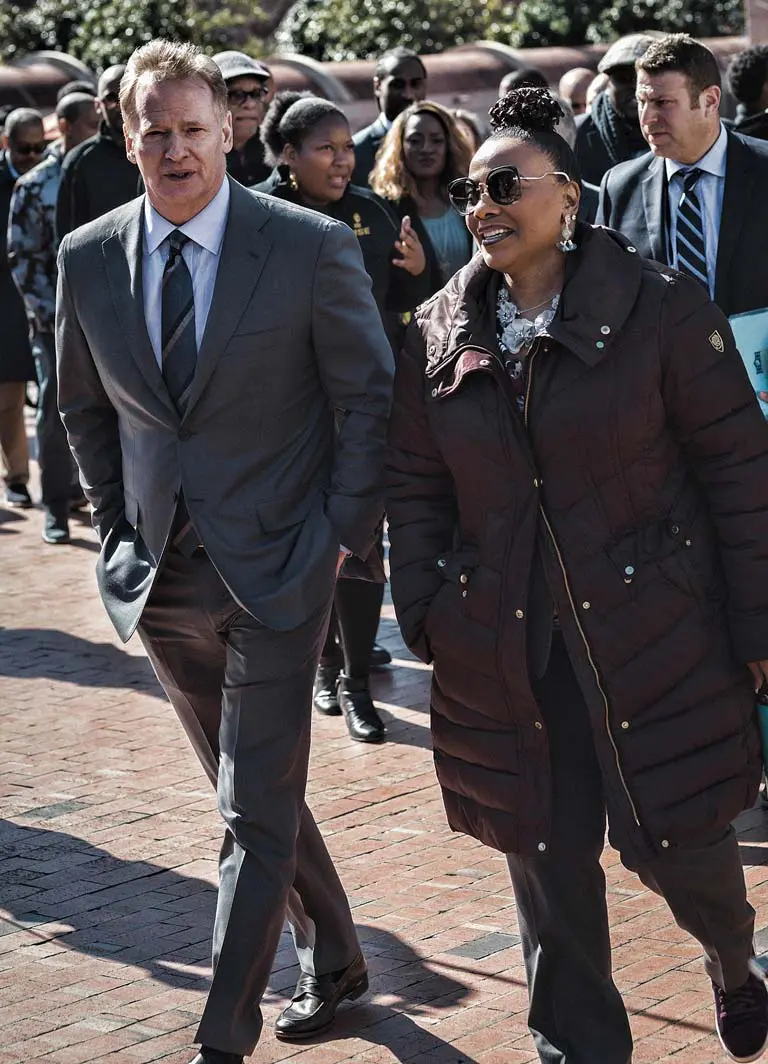
RISE Perspectives
Using the Power in Your Privilege
By Kim Miller
Many would prefer to avoid the topic of privilege. Like conversations on politics and religion, talking about privilege can sometimes make us uncomfortable, frustrated and defensive.
The notion of privilege forces us to reconsider the role that hard work and other choices we've made have truly contributed to our success. That can be a sobering thought, and perhaps why it makes us uncomfortable.
What's true, though, is that to varying degrees, we all have privilege. However, the disadvantages people face as a result of not having certain privileges can vary greatly and have severe consequences.
Those who are privileged often enjoy better access to a quality education, health insurance or housing, but having privilege goes beyond the things money can buy.
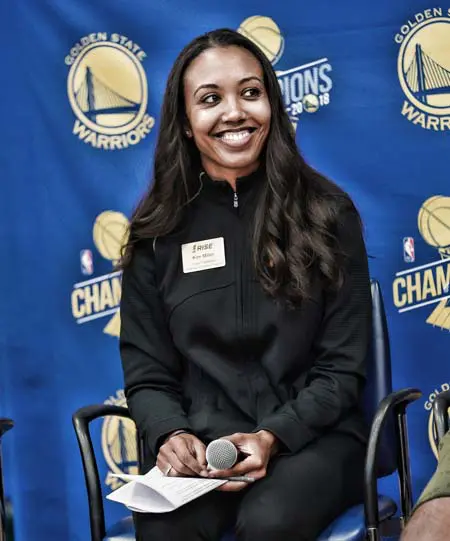
Privilege can also mean that a doctor is more likely to run diagnostic tests or provide life-saving treatments. Privilege can be the difference between life and death during an encounter with police. It can also determine who gets the job interview, promotion or raise.
Fortunately, the more we understand privilege, its consequences and its power, the better positioned we are to use that privilege for good and to address critical issues in society.
Privilege can be defined as the rights, advantages and protections available to a particular individual or groups of people. It is often not something that can be earned, but instead is granted based on an innate aspect of your identity that affords you membership in a specific group.
For example, we don't have control over our race or age. The fact that these types of social identifiers are usually more visible than others often means they are the most prominent determinants of our privilege. White men often have different, more powerful forms of privilege than minority groups and older people are often assumed to be more knowledgeable than those who are younger.
Many of the privileges available to certain groups are rooted in historical structures of race, gender or sexual orientation. However, privilege isn't only about demographics. If it were, then someone like me, a black woman, could argue that I don't have privilege. But when I reflect and dig a bit deeper, I know there are ways I'm also privileged.
I was fortunate to grow up in a two-parent household, which gave me advantages over some of my peers. While I worked hard in college and now in my professional career, some of the privileges I was granted as a child impacted my adult life. I've also gained new privileges along the way. In some cases, my privilege has meant that someone else wasn't able to experience certain advantages and benefits.
Benefiting from your privilege doesn't necessarily mean you didn't work hard or are undeserving. Thinking about privilege this way is what tends to make people defensive or uncomfortable about the subject. However, we should be careful not to overlook privilege as simply a fact of life we have no control over. Privilege gives us the power and influence to assist those who do not have similar advantages.
Look at NBA All-Star Kyle Korver. His piece in The Players' Tribune, Privileged, gave readers a personal look at his experiences as a white male. Korver shares his perspective on racism and privilege and how he feels a responsibility to act because of the privilege he has. The story received national attention and sparked a dialogue on privilege and racism in America, and serves as a great example of how one person can use their privilege in a positive way to impact others.
Addressing privilege is not a responsibility that can be left to only one type of person – one race or one gender. There are times when we all have privilege.
Athletes, young and old, have unique privileges. They have a voice and a platform to influence their community. When they harness their privilege effectively, they can be tremendously impactful. Throughout history, athletes have used their privilege to spur social change. They have stepped up to help pave the way for desegregation, criminal justice reform, policies to address pay inequities, and more.
I hope you'll take time to explore your own privilege, but know that acknowledging it is just the start. Go beyond reflection by considering the ways you can use the power associated with your privilege to give access and provide opportunities to others. The action you take can make a difference that not only changes someone's individual circumstance, but may also lead to a more equitable society.
Kim Miller is RISE's Vice President, Programs.
We all have privilege, and with privilege comes power to make a difference.
Complete this activity to learn more about your privilege and how you can use it to help others.
Go to ActivityClick here to see the anonymous results of the submissions we've received so far.
Watch RISE Board Member Scott Pioli and St. Thomas University Student-Athlete Maria Vega complete and discuss the above privilege activity.
Share Your Privilege
Privilege is a complex subject. Different aspects of our identities might afford us certain privileges, but they also might disadvantage us. We asked sports and community leaders to talk about their experience with privilege. How have you benefited or been hurt by privilege? How can you use your privilege to address social inequities?
Share your perspective on privilege and how you can use your own privilege for good. Create your own video and tag us @RISEtoWIN with the #LearnToRISE.
Ros Gold-Onwude
ESPN Basketball Analyst
Etan Thomas
NBA Legend and Author
Hear Etan Thomas' full interview on Champions of Change: The RISE Podcast
Seth Waugh
CEO, PGA of America
Hear Seth Waugh's full interview on Champions of Change: The RISE Podcast
RISE Team
Hear from the RISE team and other members of the sports community as they share how the concept of privilege has affected them and why understanding it is an important part of creating change.
Learn More to Do More
Check out this activity on Understanding Power from RISE's curriculum. Our privileges afford us each certain advantages, and understanding them and the power that provides puts us in a position to use our privilege for good. Reflect on your own privilege, influence and power and how you can use it to create positive change.
In Course 1, we defined privilege as the rights, advantages and protections available to a particular individual or groups of people. Though people benefit from privilege, they often don't do anything to obtain it, because privilege is granted based on membership to a specific group. Privilege gives us the power and influence to assist those who do not have similar advantages. It's only when we're aware of our own privilege that we can use it for good. In course 1, we defined privilege as the rights, advantages and protections available to a particular individual or groups of people. Though people benefit from privilege, they often don't do anything to obtain it, because privilege is granted based on membership to a specific group. Privilege gives us the power and influence to assist those who do not have similar advantages. It's only when we're aware of our own privilege that we can use it for good. In course 2 we explore the variety of ways in which we are privileged and explore intersectionality which can make us privileged in some ways and simultaneously disenfranchised.
"The more privilege you have, the more opportunity you have. The more opportunity you have, the more responsibility you have." — Noam Chomsky
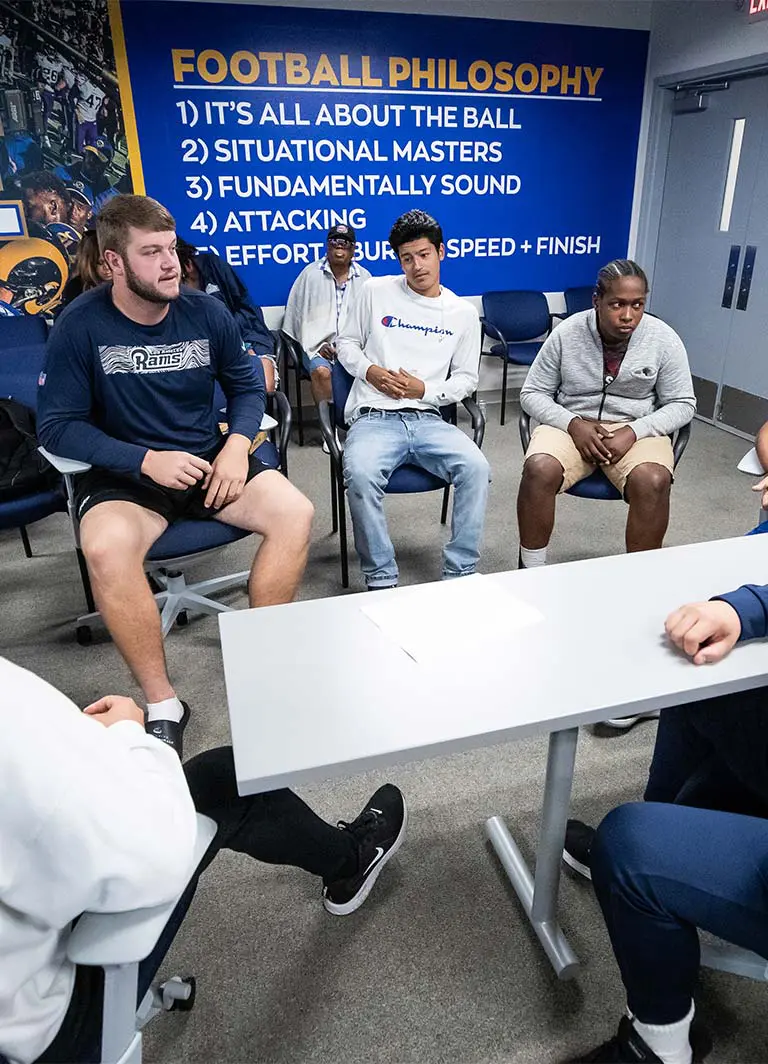
RISE Perspectives
Parenting During a Pandemic
By Zoe Henriquez
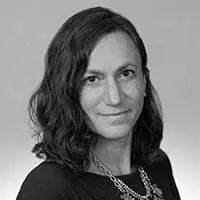
Around our country, many parents, myself included, have had conversations with their children about privilege, addressing the benefits we receive and advantages we have access to simply by our birth. When I’ve had these conversations with my own two kids, especially as a white woman, it’s centered around how we can use our race to stand up for others in their fight for social justice and equality. We also talk about how we can individually recognize and celebrate the diversity in our own community and how our community does that collectively. (For example, our elementary school every other year hosts International Day, a celebration of our school community’s diversity. Past years have included representation from more than 35 countries, with families sharing food, traditional clothing, music and dance from their cultures.)
In recent months, though, I realized that our privilege isn’t just about our race. It extends further than that. We also have the privilege of access to education, which is directly linked to the wealth of a community.
My town was among the first in the nation to see the full impact of this pandemic. Like many others that followed, our schools went remote more than six months ago. As a parent, COVID-19 not only brought out a fear about my family’s health but educational, social and emotional fears for my children as their school buildings closed. Would there be major learning loss? What about the emotional losses from not being able to gather with their peers and spending so much time in front of a screen? What impact would schools closing have on our kids?
To say we were unprepared is an understatement. It felt like chaos and a gamble with our kids’ futures at stake. And while it has been hard, especially as a single parent, to feel prepared to do my full-time job well and oversee two kids at home who still needed to pass their classes, it’s forced me to look at privilege with a new perspective. We know that this crisis is impacting our children globally in disparate ways, with a greater hardship for the most vulnerable. The United Nations estimates nearly 1.6 billion learners around the globe have been impacted by this pandemic, with schools closing their doors to students. Additionally, UNICEF estimates millions more children will be at risk of being pushed into labor, reversing decades of gains for education and combatting child labor. A New York Times report found the many children forced into labor, often illegally, perform dangerous jobs and are unlikely to return to the classroom when schools reopen.
Living near a major city with economic extremes, I was able to see what privilege looks like under the most dire of circumstances. In my state alone, research shows Black parents who are low-income are more likely to find remote learning less successful. With each article I read, as this pandemic continues on I’m more acutely aware how lucky I am to be able to educate my kids even with COVID-19 continuing to impact their education. My job is stable and allows me to work remotely, ensuring my kids are safe and that I can nag them to get to the virtual classroom when it’s time.
And yet I know that more than 11 million kids have no afterschool supervision during the most normal of times and likely none during school now. I have the supplies I need to engage my kids with their schools: a spare home computer, an iPad and wireless service. Students in my town who did not have access to those were able to get equipment from the schools. I worry, though, for students across this country who don’t have those tools. A study from Microsoft last fall shares that 162 million people in our country aren’t using or don’t have access to broadband, a tool that is needed for our students to keep up with their peers. This is especially true in underserved and rural areas.
We know, too, that COVID-19 has disproportionately impacted families of color, often because of economic disparity. The pandemic has brought on struggles for my friends, my family and our village, but from an educational perspective, my concerns were minor compared to many other parents’. Our kids may have lost momentum, but they will likely catch up. What about those left behind? My heart breaks for them; my heart breaks for those parents for whom remote learning means no learning at all, and for those who have to make a choice between supervising their kids or providing a meal for them. As hard as things seem to me, as I try to maintain balance during back-to-school season, I realize that that my kids have both consistency and safety opportunities that aren’t guaranteed to everyone.
When I spoke to my children previously about privilege, I was able to talk about the problem and potential solutions. With the education-related inequalities presented by COVID-19, I’m starting a new conversation – one that I don’t readily have solutions to share with my kids. My hope is that I, and my kids, continue to recognize that our privilege gives us the ability to navigate the world in ways different than those who are oppressed. With that mindset, I hope we can identify some ways to make things better. Together, with my community, I’m aiming to use our privilege to help those around us educate our country’s children and remember to have hope. And that might be the biggest privilege of all.
Zoe Henriquez is Vice President, Strategic Alliances & Development, at RISE.
We all have privilege, and with privilege comes power to make a difference.
Complete this activity to learn more about your privilege and how you can use it to help others.
Go to Activity (English) Go to Activity (Spanish)Click here to see the anonymous results of the submissions we've received so far.
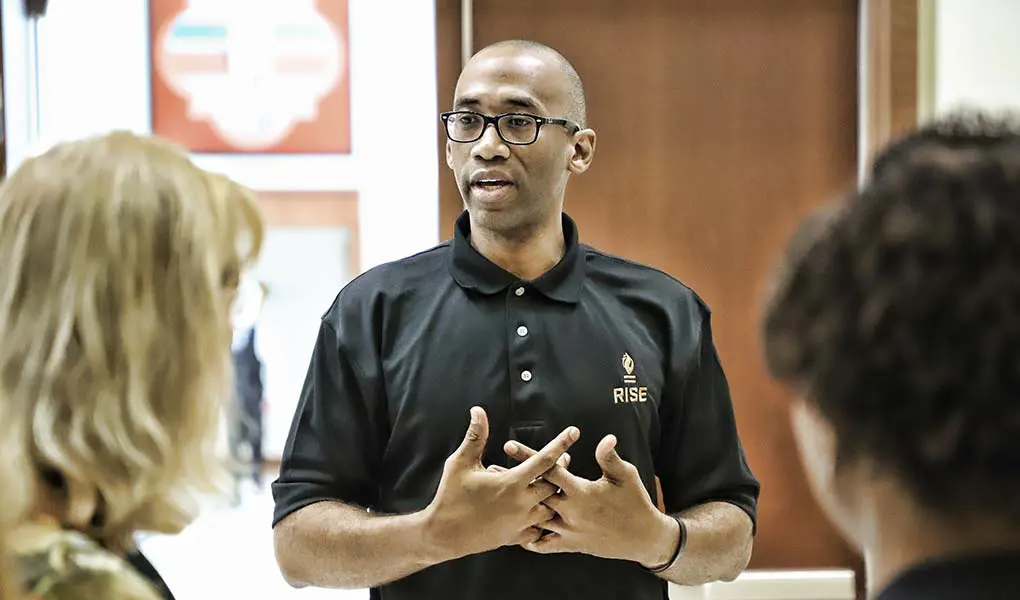
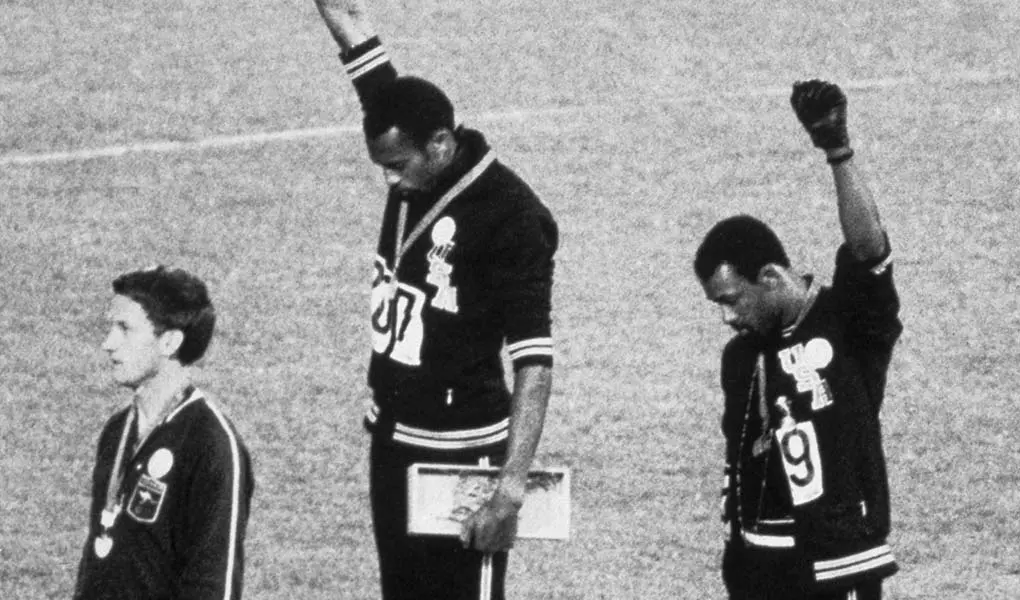
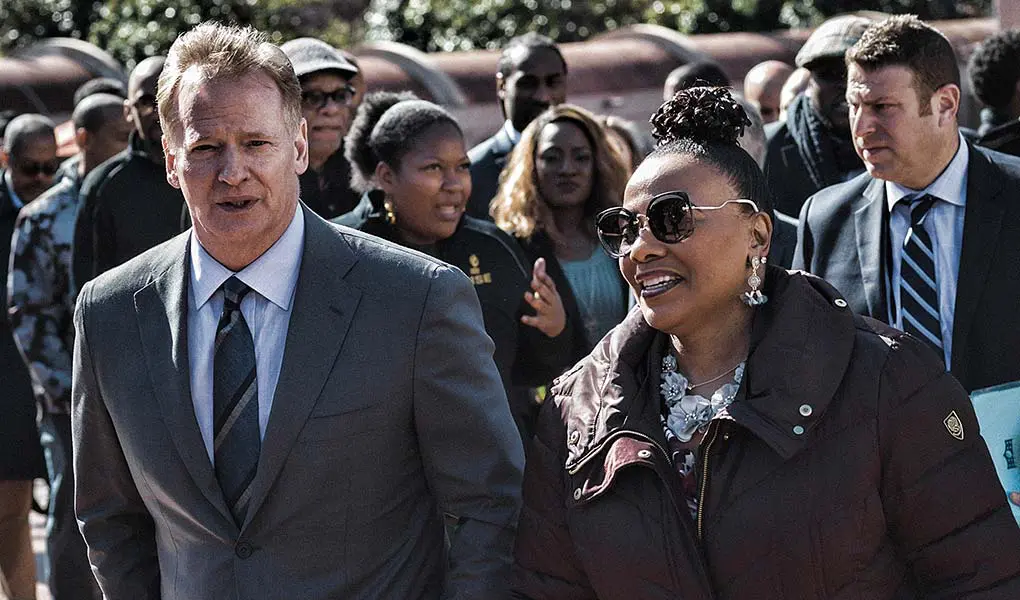
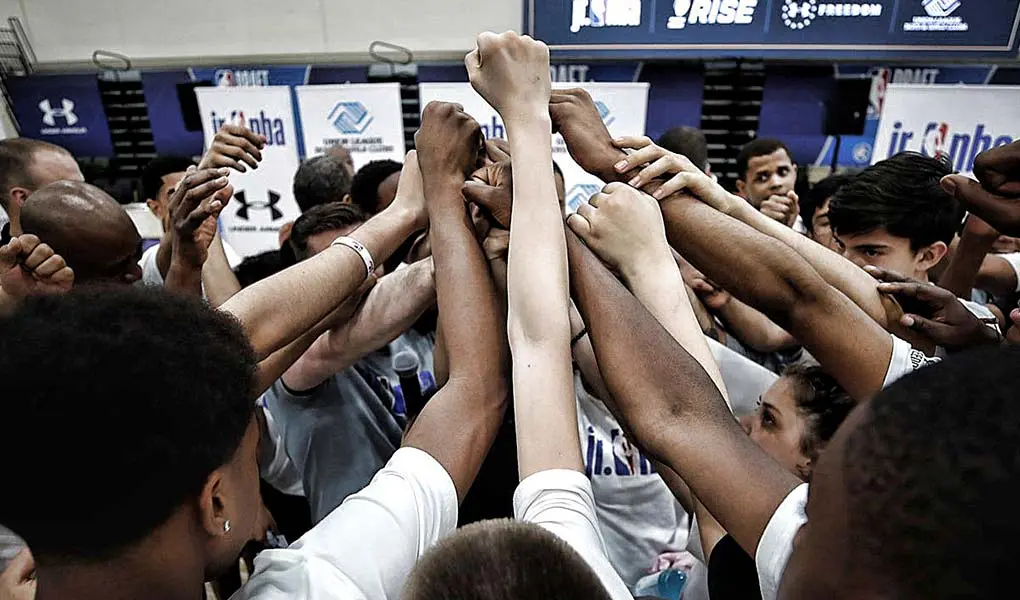
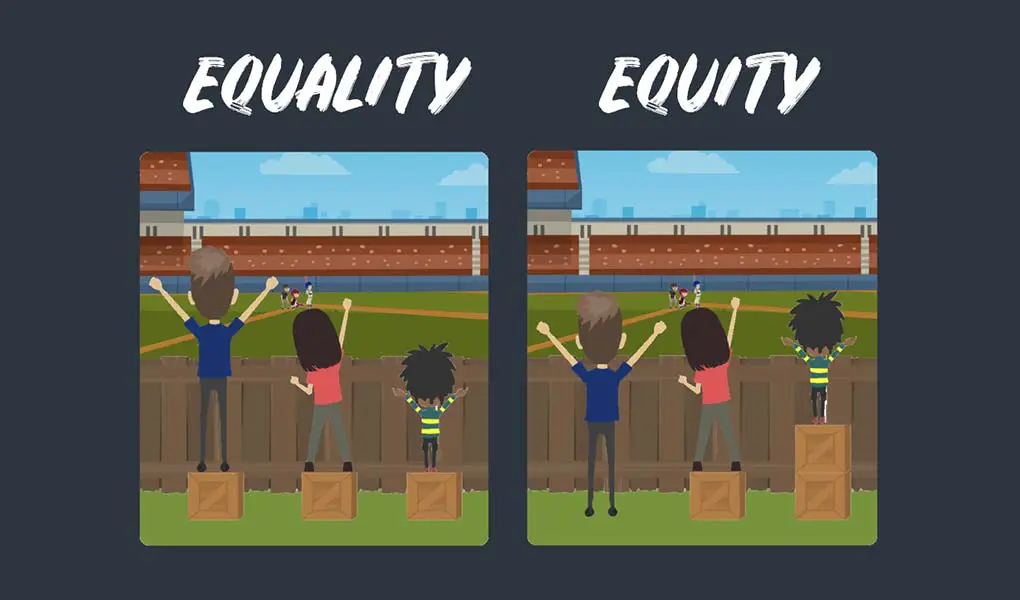
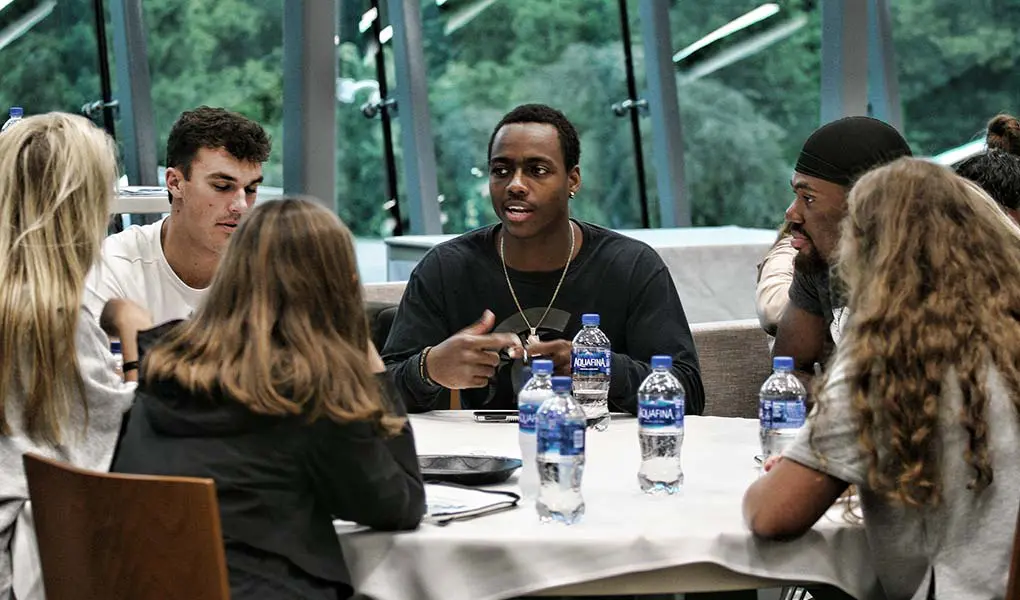
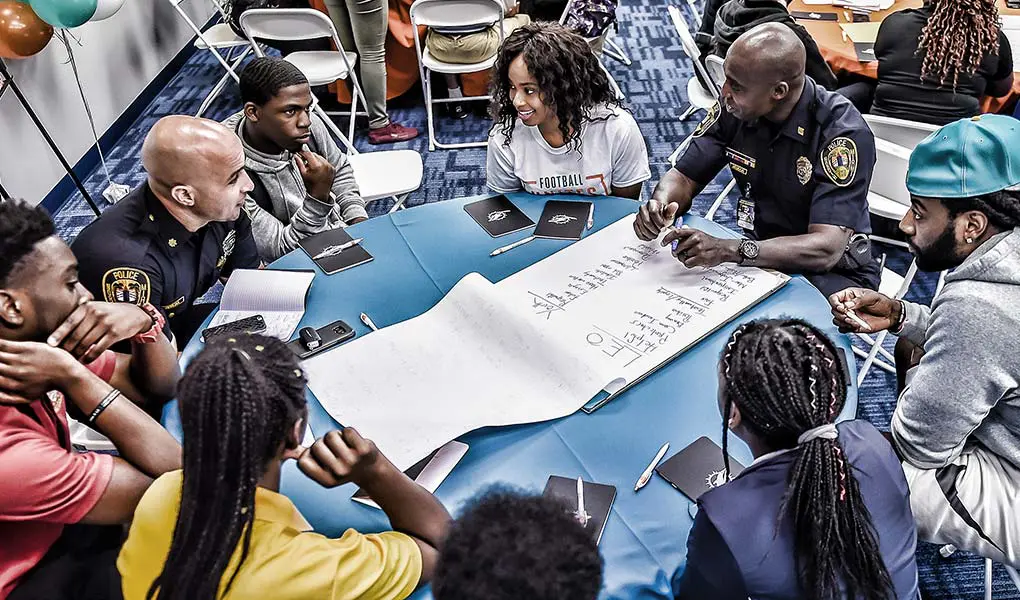
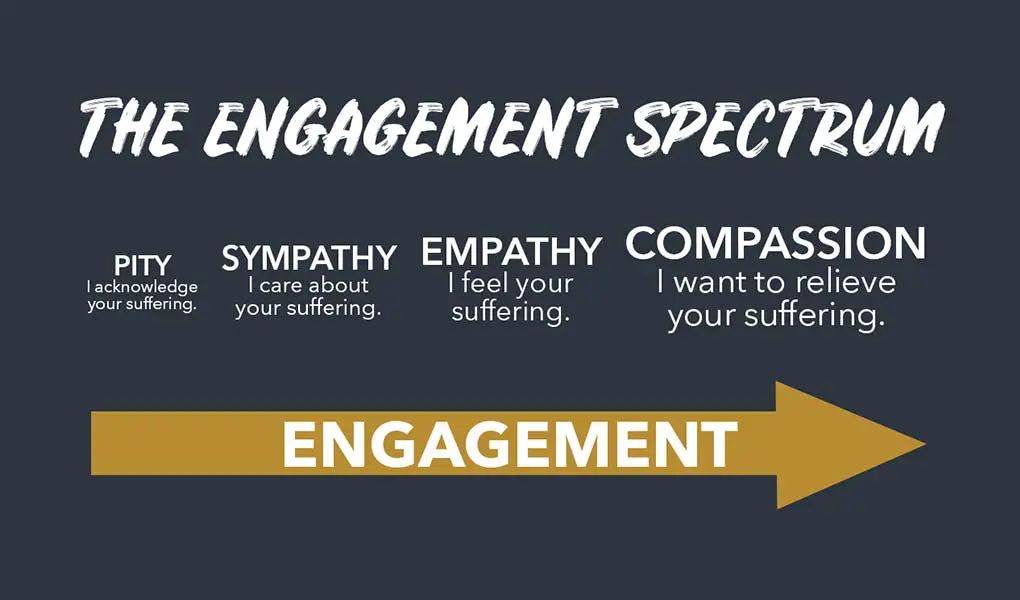
Our
Partners
Stay
In Touch
Follow us on social media.